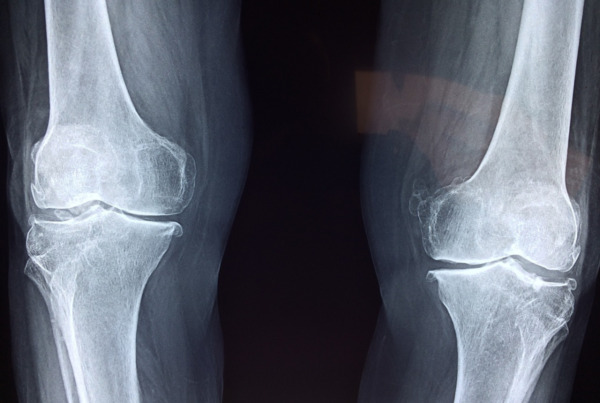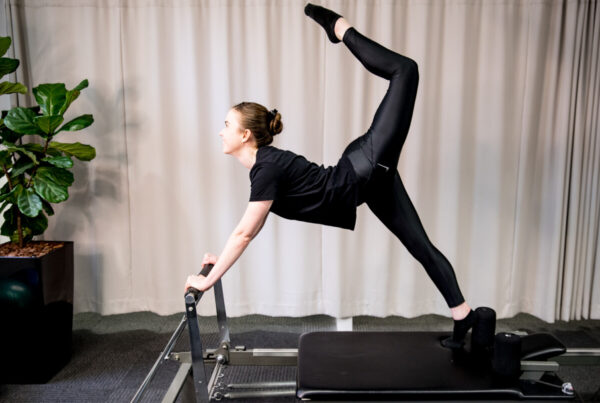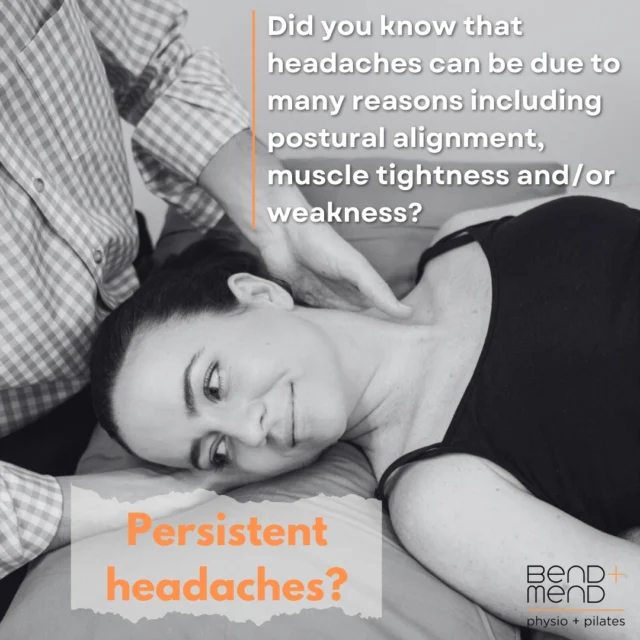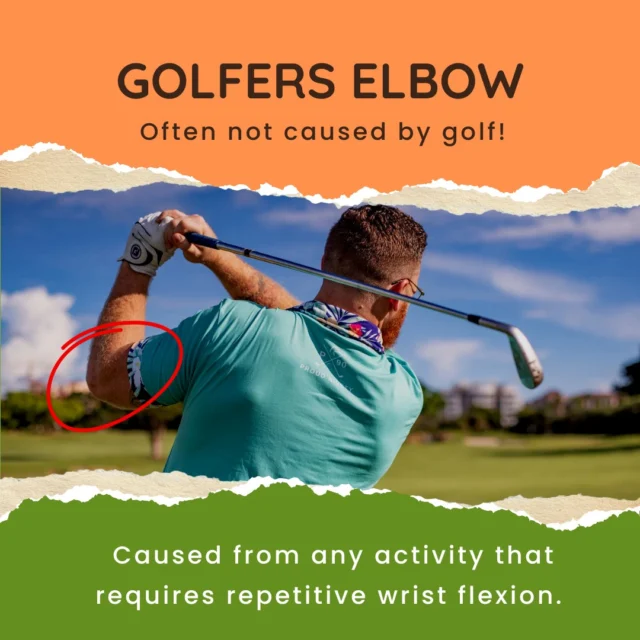 After staying up late to watch the Australian Open Mens Final last night, I decided to write a blog about sleep. I dedicate this one to the weekend warriors and the lunchtime legends that I typically see in the clinic post injury.
After staying up late to watch the Australian Open Mens Final last night, I decided to write a blog about sleep. I dedicate this one to the weekend warriors and the lunchtime legends that I typically see in the clinic post injury.
Patients will often report a post run/match stretch, beer and if your lucky a bit of foam rolling. But sleep is often an overlooked component of recovery for the amateur and community level athletes.
One research paper has concluded that teenage athletes who sleep less than 8 hours each night, increase their injury risk by 1.7x compared to those who get 8 or more.
While you were sleeping…
- Growth hormone is released and muscle protein synthesis occurs which allows our muscles to adapt and repair. This process directly effects our speed, endurance, strength and power.
- Our brain is processing new motor (movement) skills and memories, which are critical processes for improving sporting performance.
Quantity, Quality and Timing.
The quantity, quality and timing of our sleep are the three most important factors of sleep. And any disturbance of one can negatively impact the post-exercise recovery process.
The Strategy
Some simple recommendations by Simpson et al (2016) to optimise your sleeping behaviour
- Aim for 7-9 hours per night
- Consider daytime naps if less than 7 hours of sleep per night
- Sleep in a cool (but not cold), dark room
- Avoid using electronic devices (mobile phones, tablets, tv, laptops etc.) in the bedroom
- Limit technology use 1 hour before bed
- Reduce caffeine intake after lunch
- Minimise alcohol at night
Do not underestimate the importance of sleep when it comes to playing sport, preventing injury and recovering from injury. If you are concerned about your sleep quality – consult your doctor, or the child that crawls into your bed at night. But if you’re not sleeping because you have injured yourself… go see your Physiotherapist at Bend + Mend in Sydney’s CBD.







